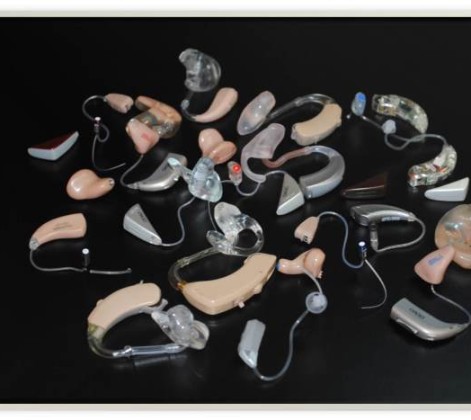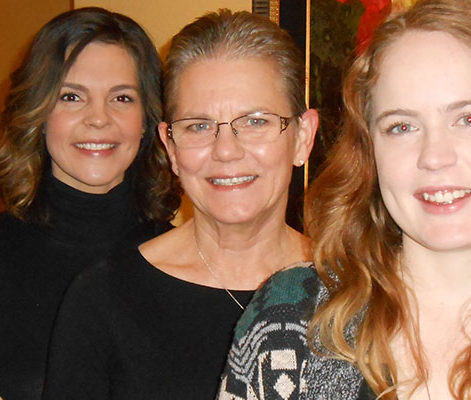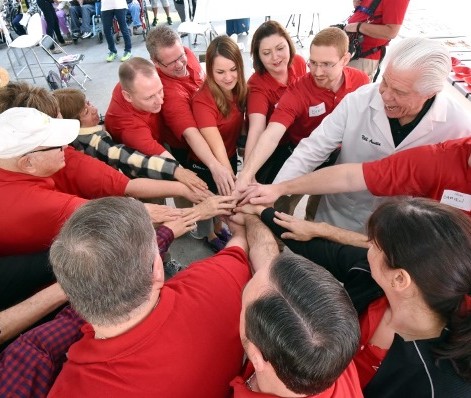Happy 2013! And here is wishing you, your families, and friends all the very best in the coming year.
Speaking of the New Year, with it comes an annual influx of common calls to my practice that go something like this:
“My father/mother/uncle/aunt/grandfather/grandmother, etc., seemed to be having difficulty taking part in the conversations at the holiday gatherings. Could it be their hearing and if so what can be done about it? We are concerned that if these communication difficulties are not hearing related, that it could be something more serious.”
First of all I want to say how wonderful it is when I hear from someone like this that they exhibit such concern about a family member that they would be willing to take the initiative and do research such as this. What I and my staff would assure this person – and what I want to convey to those of you reading this article – is that they have made a good choice in contacting a doctor of audiology’s office as audiologists are the professionals who are licensed and qualified to perform comprehensive, diagnostic hearing evaluations.
This is very important so as to ascertain whether or not someone’s hearing difficulties
are caused by hearing loss, and what it is that caused the hearing loss. Is it from long-term exposure to loud noise, from injury, or is it from illness or disease?
As hearing difficulties affect the entire family, and not just the individual, strong support is important for achieving a successful solution. Studies have shown that people with hearing difficulty can feel isolated from their families, as well as depressed, withdrawn, and lethargic.
However, families that are supportive, patient, encouraging, and willing to problem solve can greatly assist their loved ones. My suggestion is to initiate the research into finding the top professional in your area. It does sometimes fall upon a family member because the person with hearing difficulties often times is unaware of just how far his or her hearing has regressed.
Many times I’ll have a couple in my office with one saying, “Well I do hear her,” but the spouse will counter with “Yes, but he doesn’t understand me.” Typically, further discussion will reveal that he has been having difficulty understanding for some time, but that it had taken place so gradually over such a long period that he wasn’t really aware just how much it had been affecting his wife and their family.
So what can you do as a family member if you suspect hearing difficulties are affecting someone dear to you?
If you are reading this article you are off to good start in that doing research and gathering information is very important.




